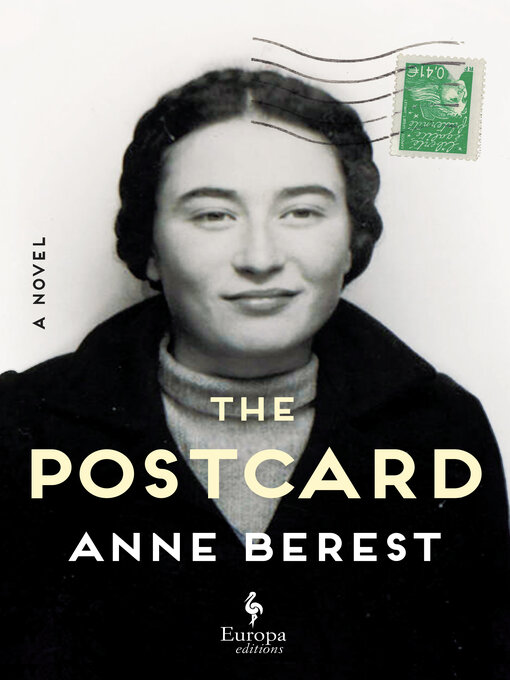A BEST BOOK OF THE YEAR
TIME Magazine・NPR・Library Journal・The Globe and Mail・Lilith・Forward Magazine・Toronto Star・The New Yorker
Winner of the Choix Goncourt Prize, Anne Berest's The Postcard is a vivid portrait of twentieth-century Parisian intellectual and artistic life, an enthralling investigation into family secrets, and poignant tale of a Jewish family devastated by the Holocaust and partly restored through the power of storytelling.
January, 2003. Together with the usual holiday cards, an anonymous postcard is delivered to the Berest family home. On the front, a photo of the Opéra Garnier in Paris. On the back, the names of Anne Berest's maternal great-grandparents, Ephraïm and Emma, and their children, Noémie and Jacques—all killed at Auschwitz.
Fifteen years after the postcard is delivered, Anne, the heroine of this novel, is moved to discover who sent it and why. Aided by her chain-smoking mother, family members, friends, associates, a private detective, a graphologist, and many others, she embarks on a journey to discover the fate of the Rabinovitch family: their flight from Russia following the revolution, their journey to Latvia, Palestine, and Paris. What emerges is a moving saga that shatters long-held certainties about Anne's family, her country, and herself.





